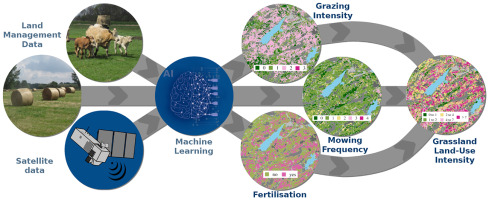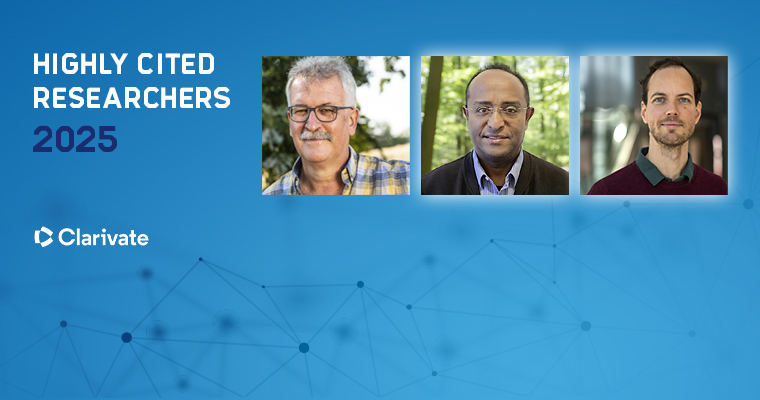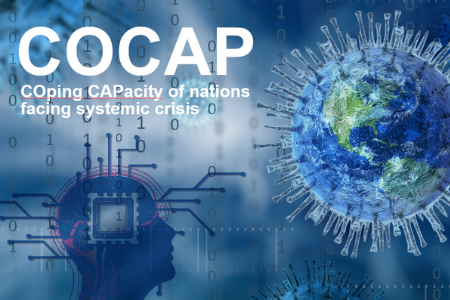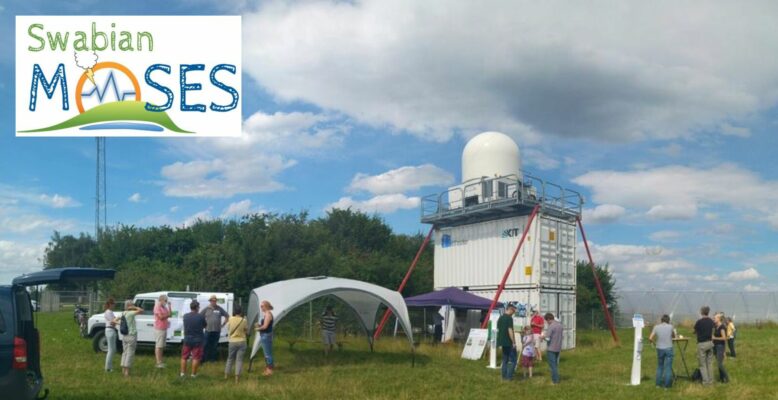News from the Research Unit
Smart Models and Monitoring

Science
FAIR+: Challenges in the Evaluation of Observational Data Trustworthiness Article
After two postponements, the first OZCAR-TERENO international conference jointly organized by the French OZCAR and German TERENO research networks took place from 5-7 October in Strasbourg, France.
About 190 on-site participants and more than 100 virtual participants attended the conference. In total, the conference featured more than 70 oral and 100 poster presentations. All participants considered the conference a great success and an optimistic signal of hope after more than 1.5 years of pandemic-related forced pause.
The focus of the conference was on research of the Critical Zone, the thin layer of our planet from the top of the vegetation canopy down to the groundwater. A major role in Critical Zone research play the multidisciplinary, highly instrumented observatories that are part of the TERENO and OZCAR networks. At the conference, researchers presented the latest scientific findings, for example from hydrology, geophysics, soil science, geochemistry, ecology and socio-ecology.
The conference program covered 17 main subject areas, spanning fundamental questions on exchange processes between soil, vegetation and atmosphere, the use of data, and new measurement methods and modeling approaches. Topics included how observatories take different approaches to long-term environmental and biodiversity observation, the integration of in-situ and remote sensing data, and innovative sensing methods for researching the Critical Zone. Among the presentations: monitoring and modelling water and solid transport during extreme events, modelling water and carbon cycles, and improving model prediction with the help of data fusion. The conference scope also extended beyond Europe. One session addressed the challenges in understanding Critical Zone processes in Africa. Conference lecturers included scientists from Germany and France, as well as other European countries and the US. The conference was also supported from the European research infrastructure eLTER (Long-Term Ecosystem, Critical Zone and Socio-Ecological Research Infrastructure).
The first OZCAR-TERENO conference marks the continuation of a series of international conferences hosted by TERENO – in 2014 in Bonn and 2018 in Berlin. In the future, the OZCAR-TERENO conference will take place every two years, alternating between France and Germany.
The book of conference abstracts is available via: https://ozcartereno2020.sciencesconf.org/(Text based on article from Bogena & Braud (2021) in TERENO Annual Report 2021)
For further information please contact: Dr. Steffen ZachariasA kick-off seminar of the newly established MoDEV PhD college has been held on Sep 21, 2021.
MoDEV stands for “Towards novel model-data fusion for understanding environmental variability in space and time from high-resolution remote sensing”, and aims to better understand and quantify the complex feedback processes among water/energy and ecosystem dynamics during climate extremes using multi-source Earth observations. The advanced process understanding is also envisaged to improve the ecosystem water-energy coupling schemes in the Earth System model, which will lead to a better prediction of water/energy/carbon cycles. The college will also promote the strategic collaboration between UFZ and Leipzig University in the framework of RSC4Earth, which is a joint initiative of UFZ and the Faculty of Physics and Earth Sciences at Leipzig University.
Under this umbrella theme and the supervision of eight principal advisors and other co-advisors, four PhD candidates will pursue on their own projects:
Antonia Ludwig’s research topic is “Assessment of species and trait diversity in temperate vegetation from optical remote sensing data”. Toni Schmidt will focus on “Estimation of high-resolution soil moisture dynamics from the synergy of multi-source data”. Kim Schmidt’s project is “Climate extremes in forest ecosystems – an assessment through data and models”. Marco Hannemann will do research on “Investigation of hydro-climatic extremes and land-atmosphere interactions using Earth observations”.
The entire MoDEV team had a very enlightening discussion and exchange of ideas during the seminar. We look forward to seeing the development of these research projects and wish the team great success.






